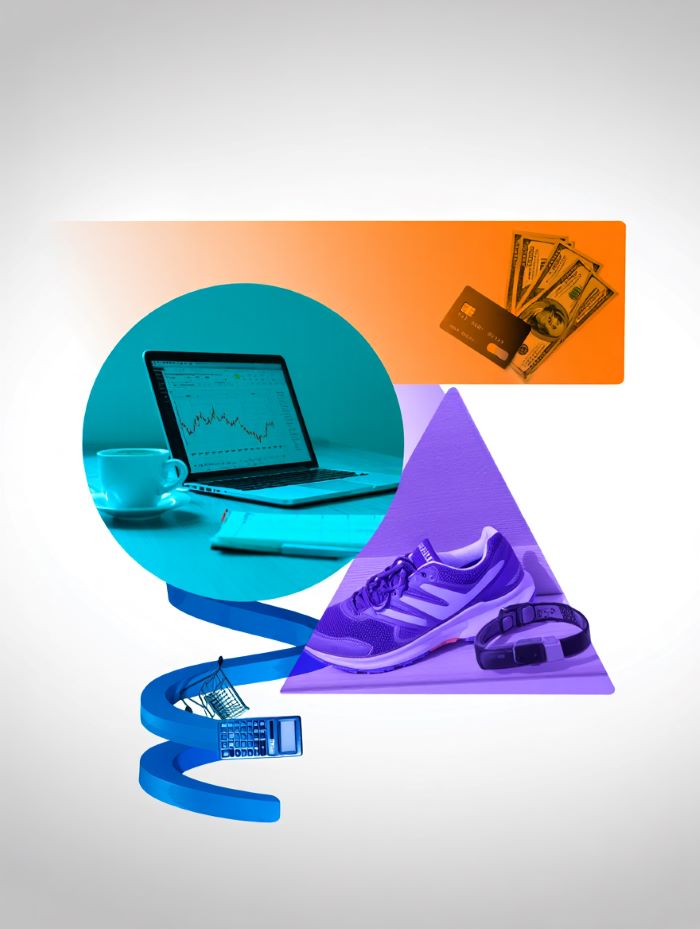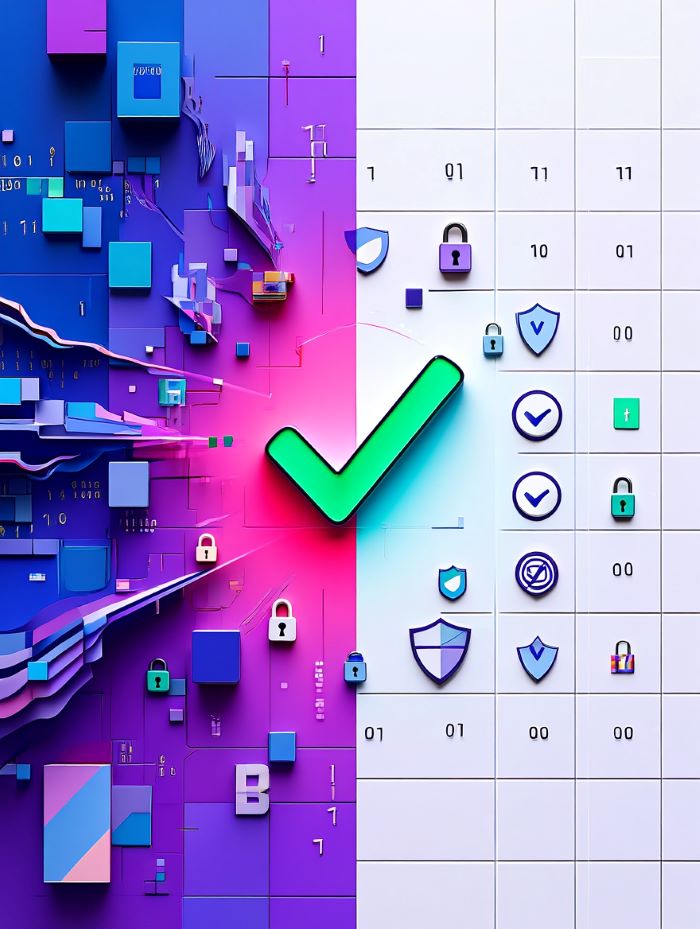Over the past decade, more Filipinos have moved away from traditional jobs and toward online income. The reasons are familiar: low local wages, job saturation, and the appeal of working from anywhere. But the shift isn’t just about convenience — it’s reshaping how people handle time, money, and risk.
Freelancing used to be a niche. Now it’s mainstream. Platforms like Upwork, Fiverr, and OnlineJobs.ph have opened the floodgates, bringing global work opportunities into barangays that never had them before. A laptop and a decent signal are often all it takes to start.
Online doesn’t always mean stable
The freedom of digital work comes with volatility. No fixed salary. No health benefits. Payments in foreign currencies. And because most gigs are short-term, financial planning becomes guesswork.
Workers who once received bi-monthly paychecks now deal with scattered payments — USD10 here, USD30 there — often sent through Payoneer, Wise, or crypto wallets. The money is real, but the flow isn’t predictable.
That’s where habits start to shift. Instead of saving every peso, many start experimenting. Some buy gadgets. Some invest. Others explore online finance tools — and not all of those tools are built for safety.

A new type of risk
While freelancing platforms are usually secure, the ecosystem around them isn’t. Every freelancer eventually runs into unsolicited Telegram DMs, shady investment “apps,” or finance schemes promising fast returns.
Some look polished. Some even offer welcome bonuses. But most fall apart when it’s time to withdraw. The result? Weeks of labor gone in a single wrong click.
This is the darker side of remote work — not just burnout, but financial traps disguised as opportunity.
The quiet appeal of regulation
No one starts out looking for regulators. It’s only after something breaks that people start paying attention to licenses, legal structures, and complaint channels.
That’s why phrases like regulated forex broker in the Philippines start to show up in discussions — not because freelancers are trading, but because they’ve been burned before. They want to make sure the next platform they use isn’t just flashy, but accountable.
Regulation doesn’t guarantee fairness. But in an environment where scams hide behind logos, it’s a filter — one of the few that still works.
Who needs regulation (and Who doesn’t)
Let’s break down some common digital platforms and their risk levels:
| Platform Type | Risk Level | Needs Regulation? |
| Freelance marketplaces | Low | Optional |
| Payment gateways | Medium | Yes |
| Online investment tools | High | Yes |
| E-wallets | Medium | Yes |
| Task-based job apps | Low | Optional |
| High-return “finance apps” | Very High | Absolutely |

The rule of thumb? The more money flows through it — or the more promises it makes — the more it needs regulation.
Why so many platforms skip It
Getting regulated isn’t easy. It involves paperwork, audits, transparency. It also limits what a company can do with user funds. That’s why many shady platforms stay offshore — they can operate freely without oversight.
They target countries where awareness is low and enforcement is slow. Unfortunately, the Philippines fits that bill.
That’s why some “global” apps suddenly vanish without notice. No refunds. No support. Just a dead website and a long Telegram silence.
What people should look for — but don’t
Here’s what actually matters when using any online financial platform — and yet most people only check #1 and #5.
- Regulatory license (from BSP, SEC, or foreign equivalent)
- Clear terms of service (especially for withdrawals)
- Human customer support
- Public complaints or resolved cases
- UI that feels smooth and “legit”
The last one is what most people go by — because it’s visible. But it’s the least reliable. Some of the worst scams look professionally designed.
Financial tools are becoming Lifestyle Apps
E-wallets now have gamified savings. Crypto apps offer “learn to earn” rewards. Investment platforms run giveaways on TikTok. The lines between financial tools and entertainment are fading fast.
For younger users especially, money doesn’t feel serious. It’s just another screen. And that’s exactly what some platforms want — casual users who won’t read the terms and won’t ask too many questions.
But the fallout isn’t casual. It’s real money. Sometimes entire savings.
Regulation is boring — until it isn’t
Most Filipinos don’t know which agencies regulate what. SEC? BSP? NTC? The alphabet soup is confusing. And scammers rely on that confusion.
But once someone gets burned, they start paying attention. Suddenly, they’re checking for small text in footers. Searching for license numbers. Asking others in forums what they’ve heard.
It’s not paranoia. It’s damage control.
Why this matters beyond finance
Financial harm leads to lifestyle harm. Missed bills. Delayed tuition. Food cutbacks. In a country where most people don’t have emergency savings, losing PHP5,000 to an online scam isn’t just frustrating — it’s destabilizing.
That’s why discussions around “safe platforms” keep coming up, even in unrelated groups. Moms in parenting forums asking about payout apps. Students comparing finance tools. Gamers debating whether crypto play-to-earn games are real.
In all of these, trust is currency. And regulation, while invisible, is the backbone.
The role of word-of-mouth
People don’t trust platforms — they trust people. If someone in a group says “I got paid, no issues,” that carries more weight than a whole landing page.
It’s why small platforms can go viral overnight — and vanish just as fast if things go wrong.
That’s also why once someone finds a stable app — whether for payments, savings, or small investments — they don’t switch. Stability is rare, and word-of-mouth is how it spreads.
A better filter for the future
In a perfect world, no one would need to google “is this legit?” before sending money online. But until then, basic habits help:
- Look for regulation (even if it’s foreign)
- Never trust DMs or cold messages
- Assume bonuses have strings
- Withdraw small amounts early to test
- Don’t keep large balances in “new” apps
- None of these are foolproof. But they shrink the target on your back.
